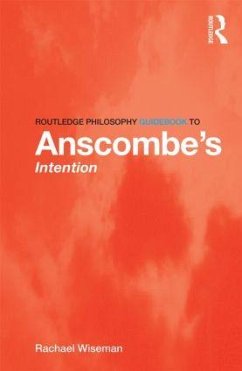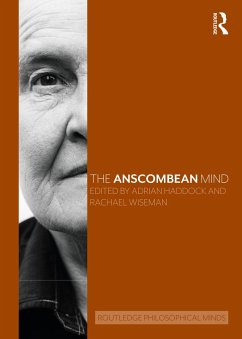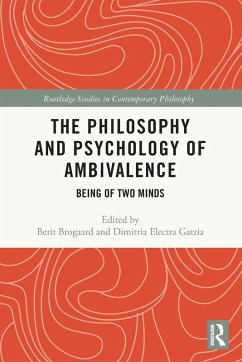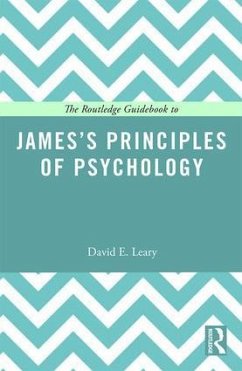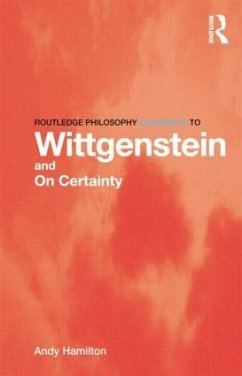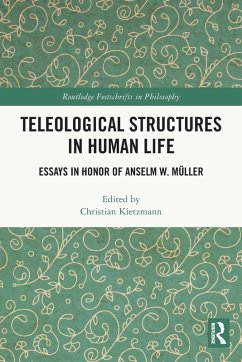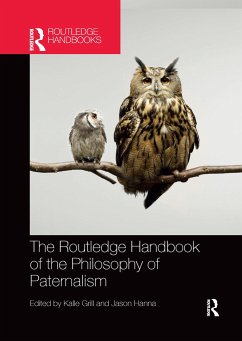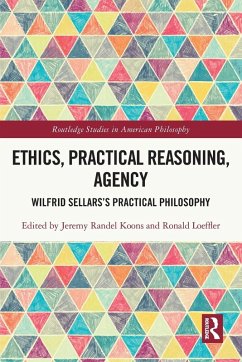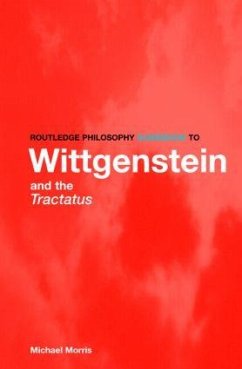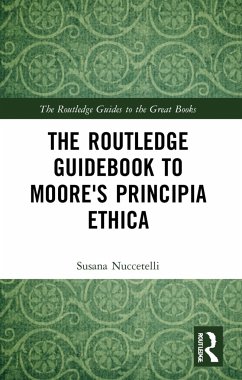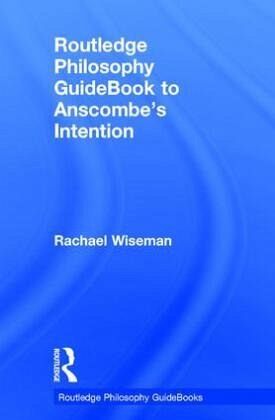
Routledge Philosophy GuideBook to Anscombe's Intention
Versandkostenfrei!
Versandfertig in 6-10 Tagen
123,99 €
inkl. MwSt.
Weitere Ausgaben:

PAYBACK Punkte
62 °P sammeln!
G. E. M. Anscombe's Intention is a classic of twentieth-century philosophy. The work has been enormously influential despite being a dense and largely misunderstood text. It is a standard reference point for anyone engaging with philosophy of action and philosophy of psychology.In this Routledge Philosophy GuideBook, Rachael Wiseman:situates Intention in relation to Anscombe's moral philosophy and philosophy of mindconsiders the influence of Aquinas, Aristotle, Frege, and Wittgenstein on the method and content of Intentionadopts a structure for assessing the text that shows how Anscombe unifie...
G. E. M. Anscombe's Intention is a classic of twentieth-century philosophy. The work has been enormously influential despite being a dense and largely misunderstood text. It is a standard reference point for anyone engaging with philosophy of action and philosophy of psychology.
In this Routledge Philosophy GuideBook, Rachael Wiseman:
situates Intention in relation to Anscombe's moral philosophy and philosophy of mindconsiders the influence of Aquinas, Aristotle, Frege, and Wittgenstein on the method and content of Intentionadopts a structure for assessing the text that shows how Anscombe unifies the three aspects of the concept of intentionconsiders the influence and implications of the piece whilst distinguishing it from subsequent work in the philosophy of action
Ideal for anyone wanting to understand and gain a perspective on Elizabeth Anscombe's seminal work, this guide is an essential introduction, useful in the study of the philosophy of action, ethics, philosophy of psychology and related areas.
In this Routledge Philosophy GuideBook, Rachael Wiseman:
situates Intention in relation to Anscombe's moral philosophy and philosophy of mindconsiders the influence of Aquinas, Aristotle, Frege, and Wittgenstein on the method and content of Intentionadopts a structure for assessing the text that shows how Anscombe unifies the three aspects of the concept of intentionconsiders the influence and implications of the piece whilst distinguishing it from subsequent work in the philosophy of action
Ideal for anyone wanting to understand and gain a perspective on Elizabeth Anscombe's seminal work, this guide is an essential introduction, useful in the study of the philosophy of action, ethics, philosophy of psychology and related areas.




